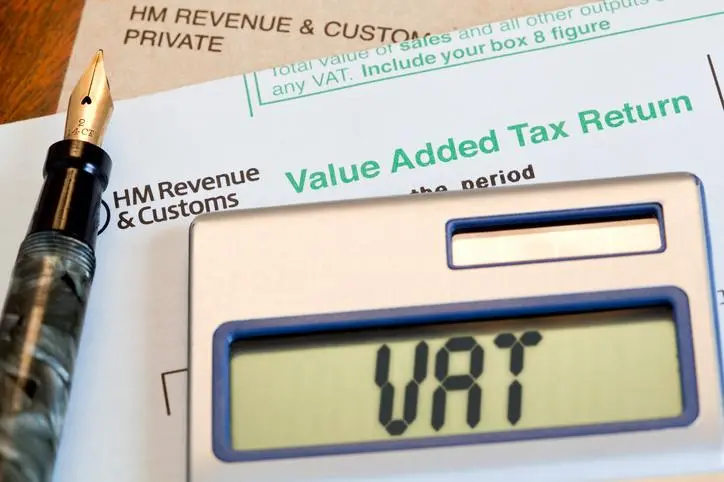PHOTO
DUBAI - Oman's Shura Council, a consultative body to the government, has agreed to a committee proposal to link value-added tax to economic growth, Omani news website WAF reported.
Oman, an absolute monarchy, is one of the weakest economies in the oil-rich Gulf region and has relied on debt to shore up its finances, hit by lower oil prices and subdued demand due to the coronavirus pandemic.
Rated "junk" by all three major ratings agencies, Oman is expected to implement VAT in 2021 to boost revenue, according to a bond prospectus distributed to investors last year.
The Shura Council's economic and finance committee proposed implementing VAT only if a minimum 3% economic growth is achieved. It also proposed excluding those who earn 900 Omani rials ($2,340) or less a month from the tax, WAF reported.
Analysts polled by Reuters expect Oman's GDP to shrink 4.7% this year and grow 3% next year.
The council, which did not immediately respond to a Reuters request for comment, has now agreed that implementing VAT should be tied to economic growth and that lower-income people should be excluded, but the VAT law is still being debated.
Oman's ruler, Sultan Haitham bin Tariq al-Said, will still have say on the decision as the Shura Council only has an advisory role.
Ratings agency Moody's downgraded Oman's sovereign rating to "Ba3" from "Ba2" last month.
It said planned reforms - such as a 5% VAT, as well as a 10% cut in non-interest spending in 2020, excluding expenditure related to oil and gas production - were unlikely to offset lost oil revenue, which it estimated will decline by over 12% of GDP.
Moody's said it expected a fiscal deficit of 19% of GDP this year and 15% next year, even if the measures were implemented. ($1 = 0.3850 Omani rials)
(Reporting by Yousef Saba; Editing by Alison Williams) ((Yousef.Saba@thomsonreuters.com; +971562166204))





















